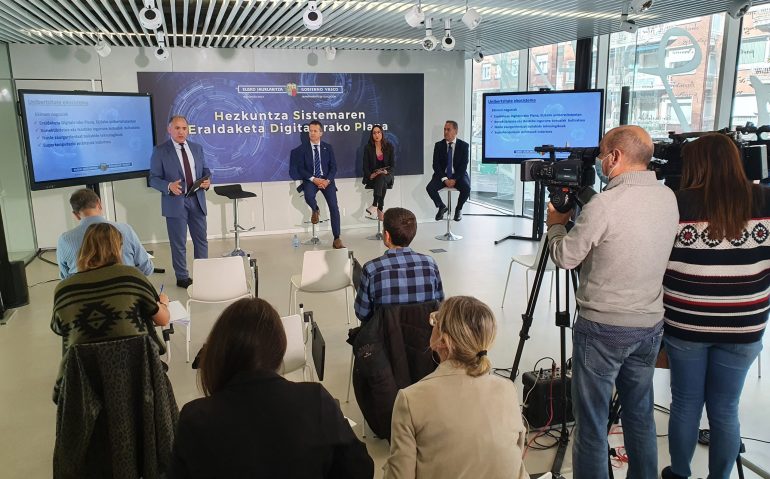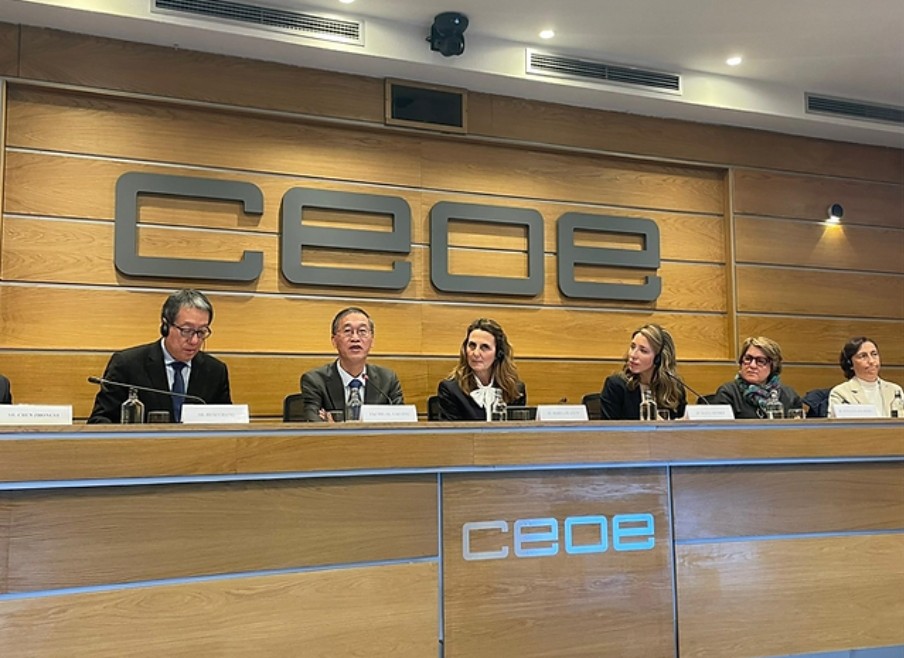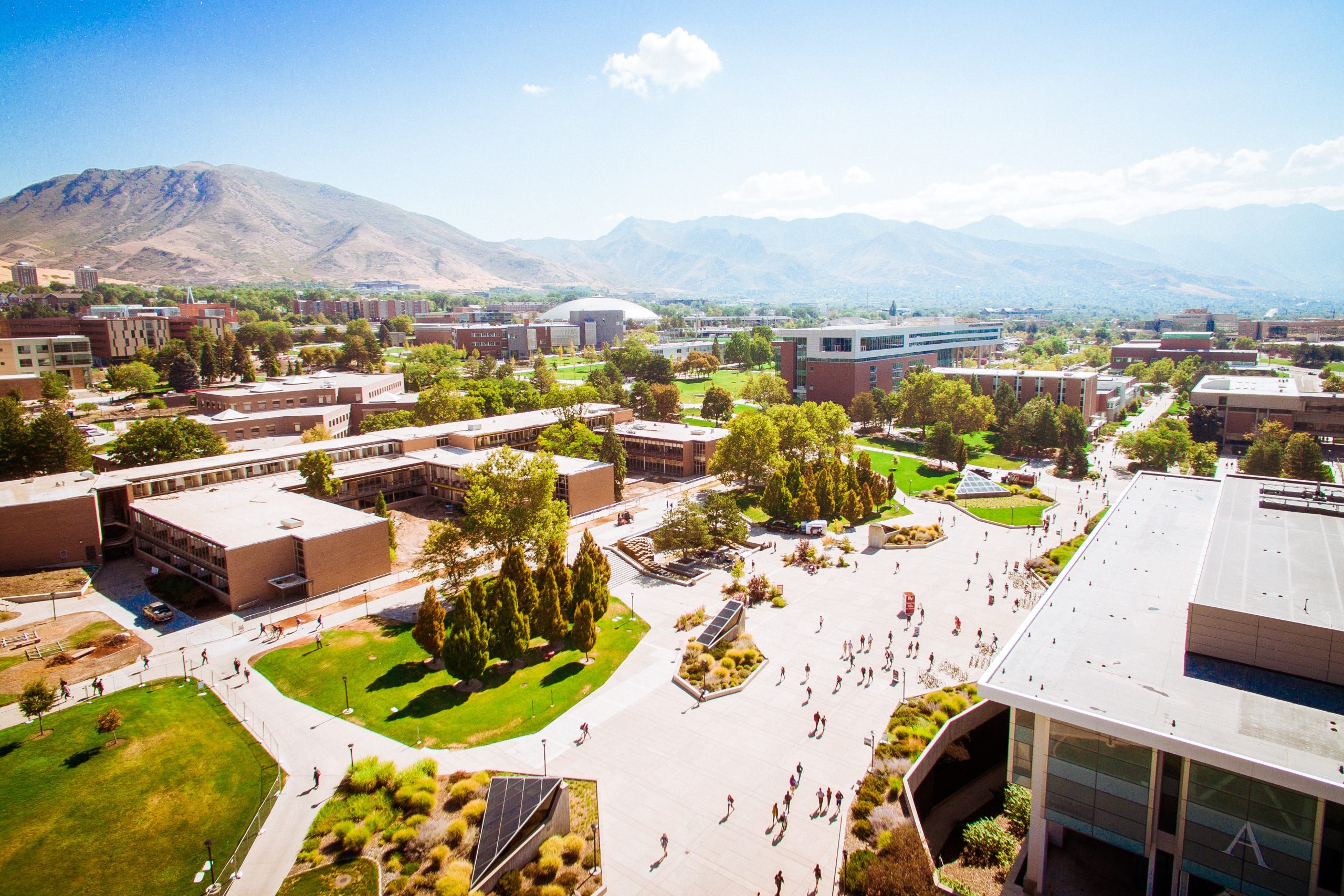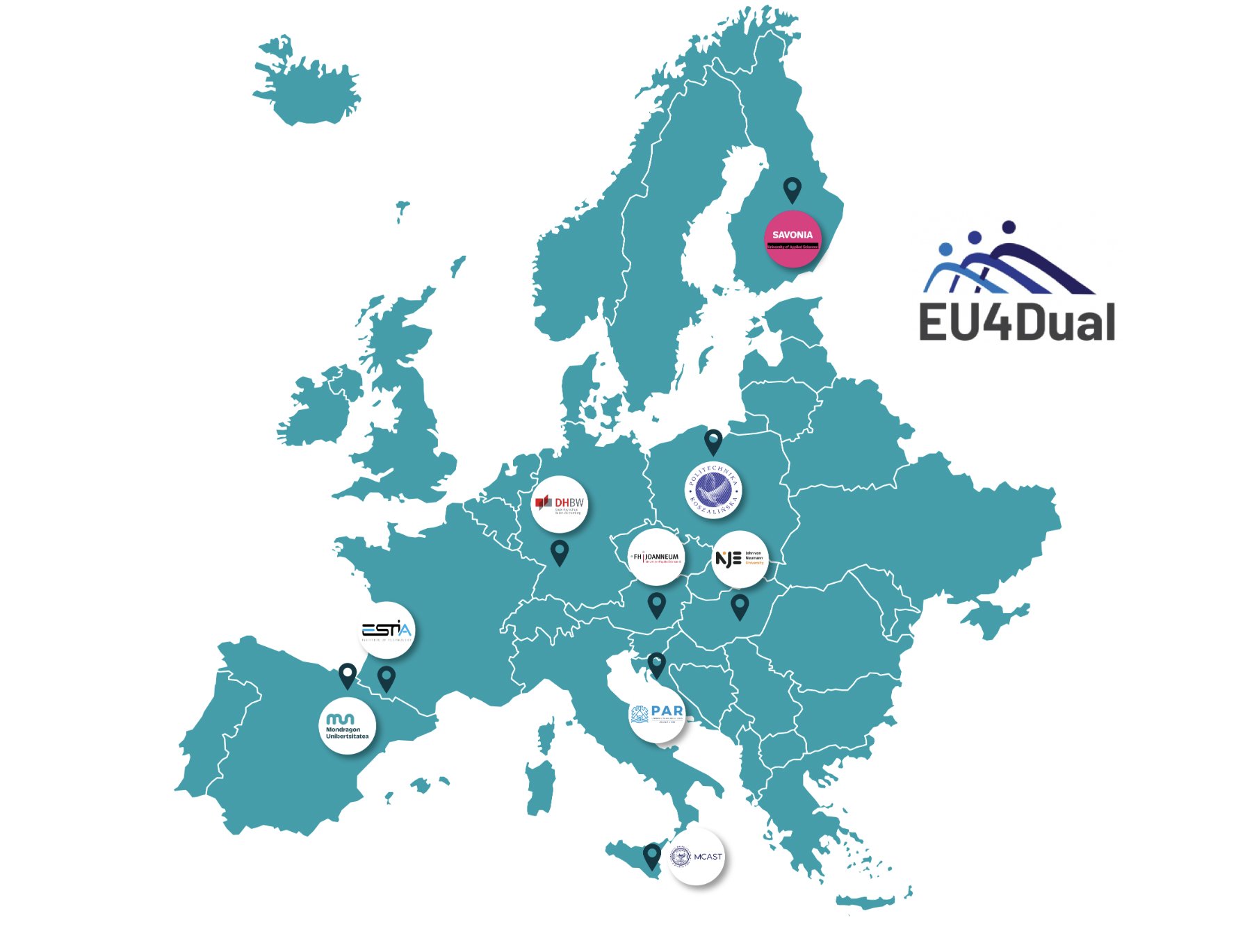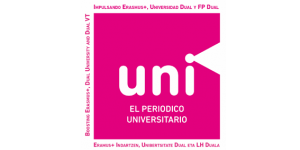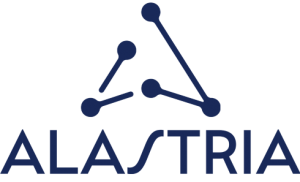1. FOR THE STAGES CORRESPONDING TO EARLY CHILDHOO EDUCATION, PRIMERY, COMPULSORY SECONDARY ANDA BACCALAUREATE
- Digital technologies will be incorporated into the teaching, learning and evaluation processes of educational centers.
- In this way, the techno-pedagogical competences of the teaching staff will be worked on and it will be sought that the students are digitally competent.
- It will also intervene in digital leadership for educational communities and will bet on infrastructures aligned with digital challenges.
- In addition, advanced Digital Transformation experiences will be adopted in highly trained centers.
- Some concrete actions:
- Creation of a reinforced digitization team to respond to challenges.
- Promote digital strategy in all centers. Training and guidance to develop their Digital Center Project.
- Design and implement training itineraries adapted to the competences of teachers.
- Activate the network of digital mentors in centers, which will perform the function of techno-pedagogical advice.
- Creation of digital pedagogical materials. Licenses, and own materials.
- Provide devices from 5th grade of Primary for all students. Also from 1st to 4th grade of Primary for teachers.
- Design of classrooms and digitized spaces
2. IN VOCATIONAL TRAINING
- The digital transformation in Vocational Training will mean a new evolution, based on a disruptive transformation; A new model of advanced training, with a different organization and structure in the centers, with new spaces and intelligent systems applied in digital environments.
- Some concrete actions:
- Develop a digital maturity model, which covers new infrastructures, new skills in the advanced management of digital technologies and the development of high-performance learning.
- Digital training of teachers and students.
- Transformation of digital infrastructures (state-of-the-art equipment, 5G, Wi-Fi 6…).
- Implementation of advanced digital technologies (immersive and interactive digital technologies…).
- New spaces for learning in digital transformation.
3. IN THE UNIVERSITY ECOSYSTEM
- Priority to generate the skills required for employability, be open to rethink what is taught, and recognize that technology has the power to eliminate borders in education and science.
- Digital training of students, guaranteeing equity and equal opportunities among university students
- Promotion of Open Science, improving the accessibility of results and resources, including bibliographic resources, with the aim of contributing to the generation of a better and more accessible science globally.
- Main initiatives:
- All SUV universities will have their Digital Transformation Plan.
- Promotion of connectivity and virtual learning environments; Renewal of the I2Basque data network, to guarantee connectivity inside and outside.
- Acquisition of technological resources for vulnerable students.
- Reinforcement of supercomputing services to consolidate their autonomy in resources, generating the HPC (High Performance Computing Euskadi) Pole aimed at the entire Basque research community.
The Basque Country in the context of digital transformation
The 2020 edition of the Digital Economy and Society Index shows a positive trend of Digital Transformation in the Basque Country in the five dimensions that compose it: connectivity, human capital, use of internet services, integration of digital technology and digital public services.
At a general level, the Basque Country is almost ten percentage points above the European average and four with respect to the national average. It is ahead of countries such as Germany, France or Austria. Euskadi is also the autonomous community with the most computers in the classroom, with an average of 1.5 students per computer.
160,000 computers in two courses
These last two years, the Department of Education has provided new laptops to schools, so that all students in public schools between 5th grade of Primary and 2nd year of Baccalaureate have a computer. There have been 100,000 new equipment acquired for the public network, to which we must add the subsidies for the purchase of another 60,000 computers in the concerted network, also for use from 5th of Primary to Baccalaureate.
In this same process, also, a laptop has been provided to the teachers of 5th and 6th of Primary, ESO and Baccalaureate, and throughout this year and the next will also be provided to the rest of the teachers of the first four years of Primary.
In the same line of expanding and updating the digital equipment of public schools, in recent years the Department has also acquired and distributed 2,000 interactive panels (screens) of 65 and 75 inches (for classrooms from 5th grade of Primary onwards), and it is planned to provide these same equipment soon to all classrooms from 1st to 4th grade.
Continuing with the task of designing classrooms and digitized spaces, throughout this year the purchase of new desktop computers, ceiling webcams and microphones and headphones will be tendered, with the aim that during the next year all classrooms of 5th and 6th grade of Primary will begin to be equipped with this equipment, ESO and Bachillerato.


